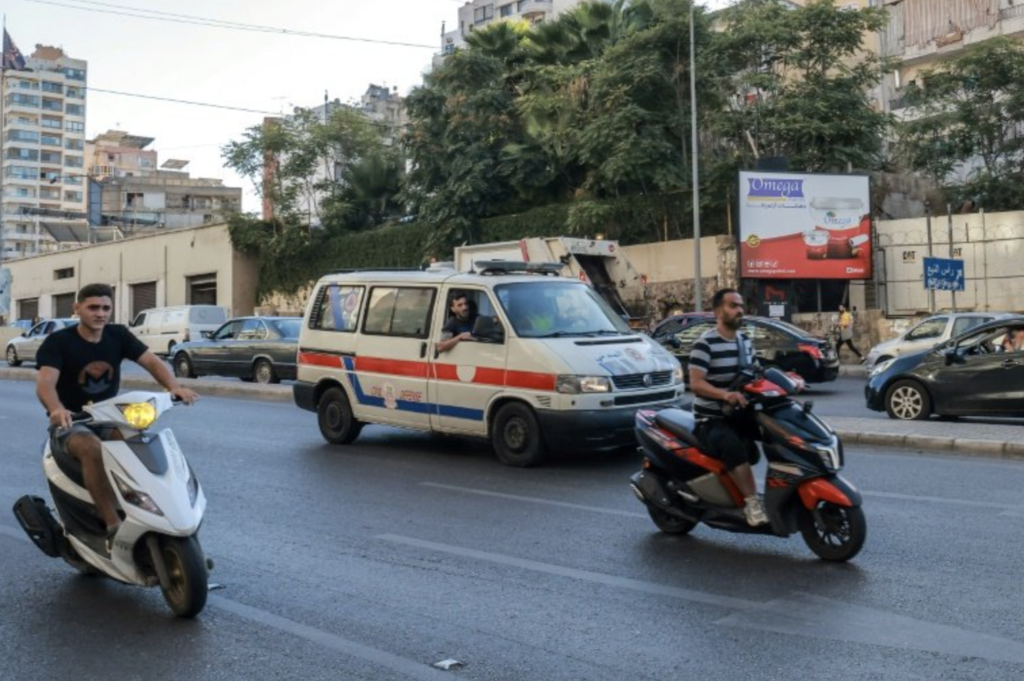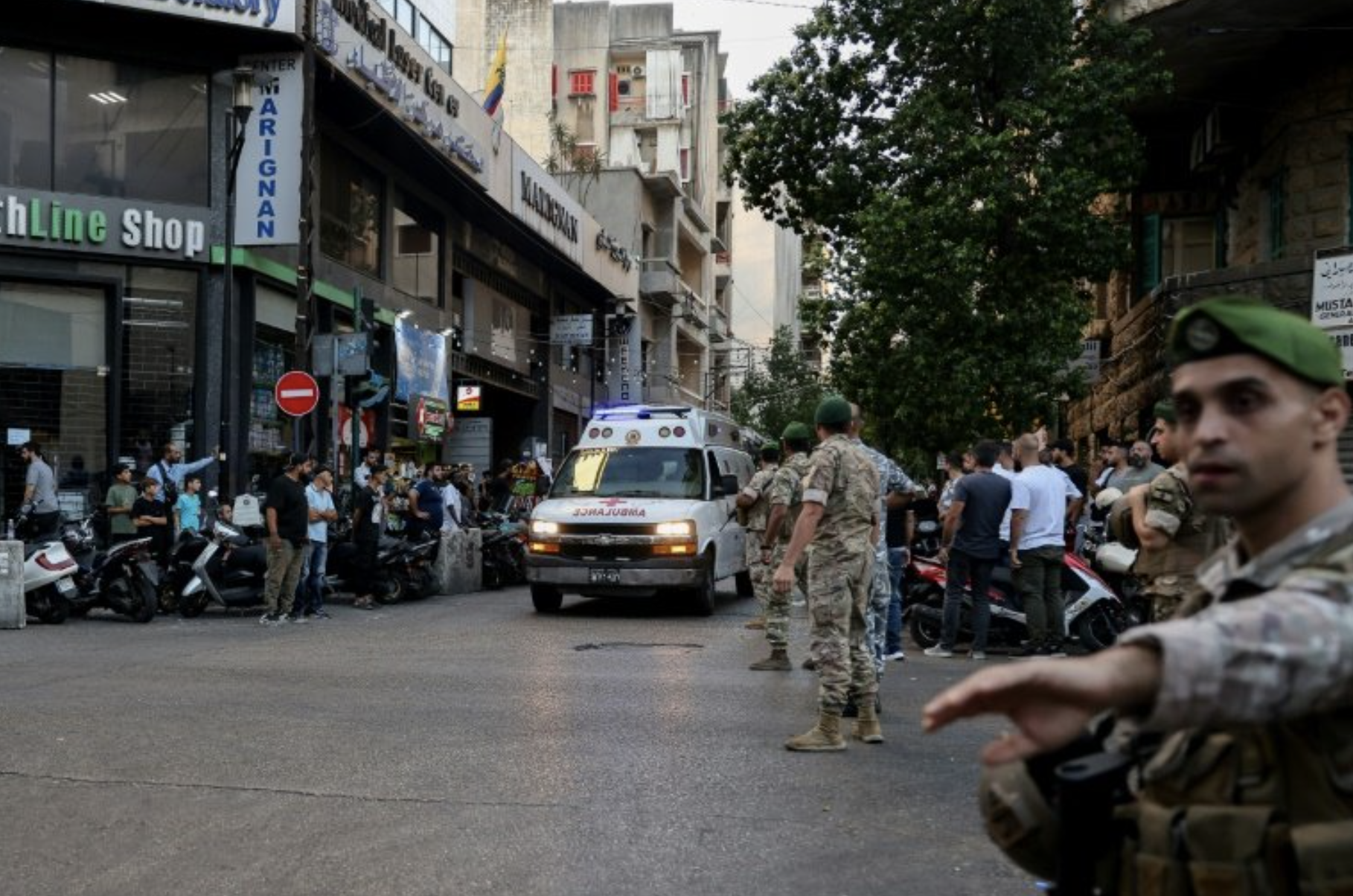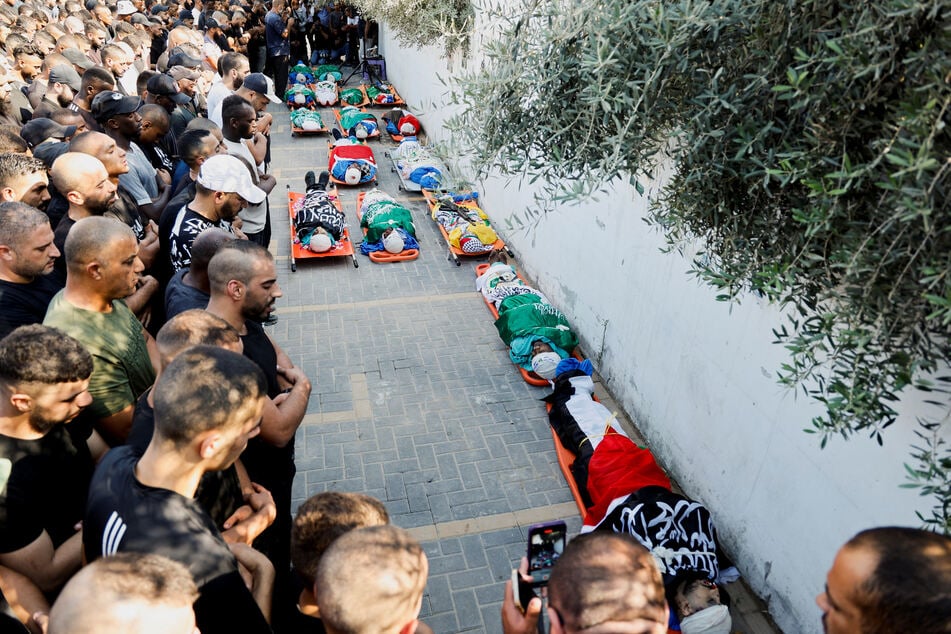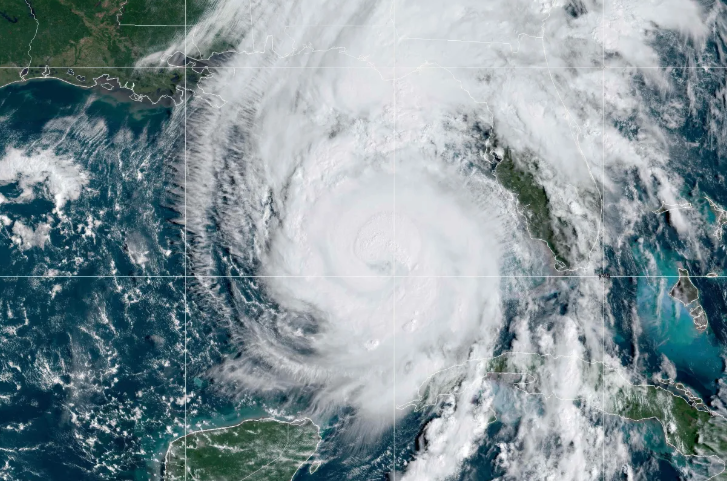Hezbollah Vows Retaliation Against Israel After Deadly Pager Explosions
Hezbollah has vowed to retaliate against Israel following a series of deadly explosions involving sabotaged paging devices across Lebanon. The attacks resulted in nine fatalities and approximately 2,800 injuries, intensifying the already volatile situation between Hezbollah and Israel. This escalation follows Israel’s announcement of an expanded war strategy targeting Hezbollah along the Lebanese border.
Overview of the Pager Explosions
On Tuesday, a series of explosions involving sabotaged paging devices targeted Hezbollah members across Lebanon, causing significant casualties. The blasts resulted in nine deaths, including a young girl, and approximately 2,800 injuries, with around 200 individuals in critical condition. The explosive devices, which were concealed alongside lithium batteries, were likely detonated remotely, according to experts.
Charles Lister from the Middle East Institute described the attacks as a sophisticated operation, suggesting that a small plastic explosive was likely used for remote detonation. The sabotage of the pagers, which were recently imported by Hezbollah, has been attributed to interference within the supply chain, potentially involving Israeli intelligence agencies.
Hezbollah’s Response and Threats
Hezbollah has responded with threats of retaliation against Israel, whom they accuse of orchestrating the deadly explosions. In statements released on Tuesday and Wednesday, Hezbollah condemned the attacks as “criminal aggression” and vowed to take revenge. The group has emphasized its commitment to continuing the fight in support of Gaza and avenging the recent assault.
Hezbollah leader Hassan Nasrallah is scheduled to address the public on Thursday at 5:00 pm (1400 GMT), which is expected to provide further insights into the group’s planned responses and strategies.

Impact on Lebanese Hospitals
The influx of casualties from the explosions has overwhelmed hospitals in Hezbollah strongholds. In Beirut’s southern suburbs, medical facilities have been stretched to their limits, with patients being treated in car parks due to the high volume of injured. The severity of the situation has been described as unprecedented, with numerous individuals suffering from severe injuries.
Details of the Casualties
The attacks have claimed the lives of nine individuals, including a 10-year-old girl and a son of Hezbollah lawmaker Ali Ammar. Iranian ambassador to Beirut was also injured, though his wounds are not considered serious. The explosions have significantly impacted local communities, with widespread devastation reported in the affected areas.
Iran’s Condemnation and Hezbollah’s Communications
Iran, a key supporter of Hezbollah, has condemned the attacks as “mass murder” and a “terrorist act” perpetrated by Israel. The explosions have raised concerns about the security of Hezbollah’s communications, especially given the recent loss of several key commanders due to targeted strikes.
Israel’s Expanded War Aims
In a related development, Israel has broadened its war objectives to include targeting Hezbollah, alongside its ongoing conflict with Hamas. This expansion of Israel’s military strategy has intensified exchanges of fire along the Lebanese border, contributing to further casualties and displacement on both sides. For details on Israel’s strategic shift, refer to Israel’s Defense Ministry Update.
US Involvement and Ceasefire Talks
US Secretary of State Antony Blinken has returned to the region to attempt to revive stalled ceasefire negotiations between Israel and Hamas. Despite ongoing discussions, a resolution remains elusive, with continued disagreements over the terms of a potential agreement.
International Reactions and UN Debates
The international community is responding to the conflict, with the UN General Assembly debating a draft resolution demanding an end to the Israeli occupation of Palestinian territories. The resolution, while not binding, has faced criticism from Israel, which has denounced it as “disgraceful.”
Related Post: China’s New Map Claims Russian Territory: A Brewing Geopolitical Tension?https://newswavedaily.com/chinas-new-map-claims-russian-territory-a-brewing-geopolitical-tension/



